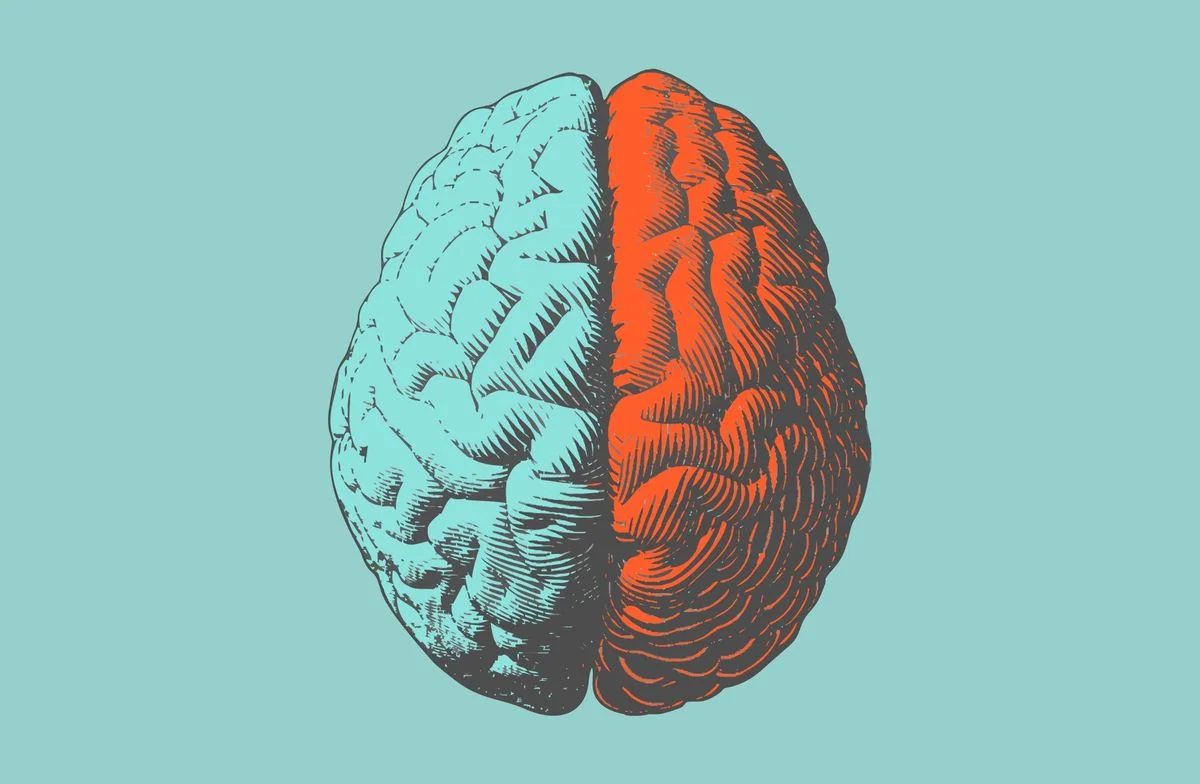The brain is one of the most important organs in the body, responsible for controlling everything from our thoughts and emotions to our bodily functions. It is therefore essential that we take care of our brains to ensure they function optimally.
There are several habits that can damage the brain. Here are some of the most common ones:
Lack of Sleep

Not getting enough sleep can lead to a variety of negative effects on the brain. Sleep is essential for the brain to rest and recover, and a lack of sleep can result in decreased cognitive function, memory impairment, and even an increased risk of developing certain neurological disorders. Chronic sleep deprivation has also been linked to increased levels of stress hormones in the body, which can further damage the brain.
Poor Diet

Consuming a diet that is high in processed foods, sugar, and unhealthy fats can lead to inflammation and damage to the brain. These foods can lead to oxidative stress, which can cause damage to brain cells and impair cognitive function over time. On the other hand, a diet that is rich in fruits, vegetables, whole grains, and healthy fats has been shown to protect the brain and support optimal cognitive function.
Chronic Stress

When the body is constantly in a state of stress, it can lead to the release of stress hormones that can damage the brain over time. Chronic stress has been linked to decreased brain volume, memory impairment, and an increased risk of developing certain neurological disorders. To reduce stress and protect the brain, it is important to engage in stress-reducing activities, such as meditation, yoga, or deep breathing exercises.
Substance Abuse

Using drugs or alcohol can have a toxic effect on the brain, damaging neurons and affecting cognitive function. Chronic substance abuse has been linked to a range of negative effects on the brain, including impaired memory, decreased cognitive function, and an increased risk of developing certain neurological disorders.
Sedentary Lifestyle

A lack of physical activity can lead to a decline in brain function over time, as the brain requires regular exercise to stay healthy. Physical activity has been shown to support brain health by increasing blood flow to the brain, reducing inflammation, and promoting the growth of new brain cells. In contrast, a sedentary lifestyle has been linked to decreased brain volume, impaired cognitive function, and an increased risk of developing certain neurological disorders.
Chronic Multitasking

Constantly switching between tasks and trying to do too many things at once can lead to cognitive overload and damage to the brain. Multitasking has been shown to impair cognitive function, decrease productivity, and increase stress levels. To protect the brain, it is important to focus on one task at a time and avoid overloading the brain with too much information.
Not Challenging the Brain

Not engaging in mentally stimulating activities can lead to a decline in cognitive function over time, as the brain requires regular challenges to stay healthy. Mental stimulation has been shown to support brain health by promoting the growth of new brain cells and strengthening neural connections. Activities such as reading, learning a new language, or solving puzzles can help to protect the brain and support optimal cognitive function.
It is important to take care of your brain by adopting healthy habits and avoiding behaviors that can cause damage.




